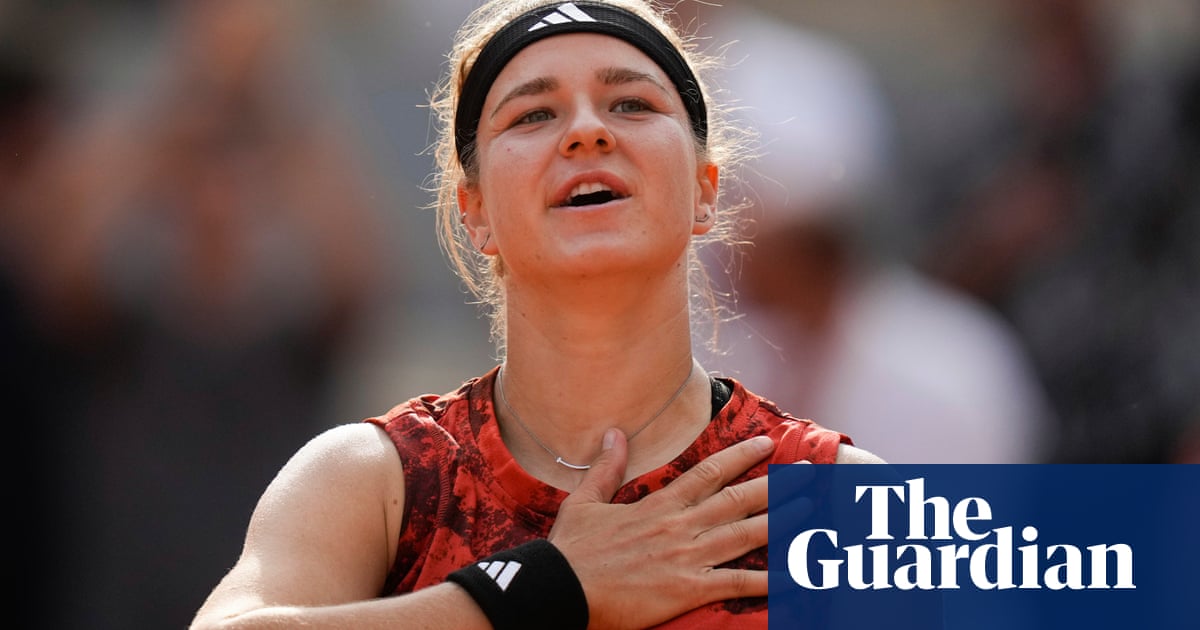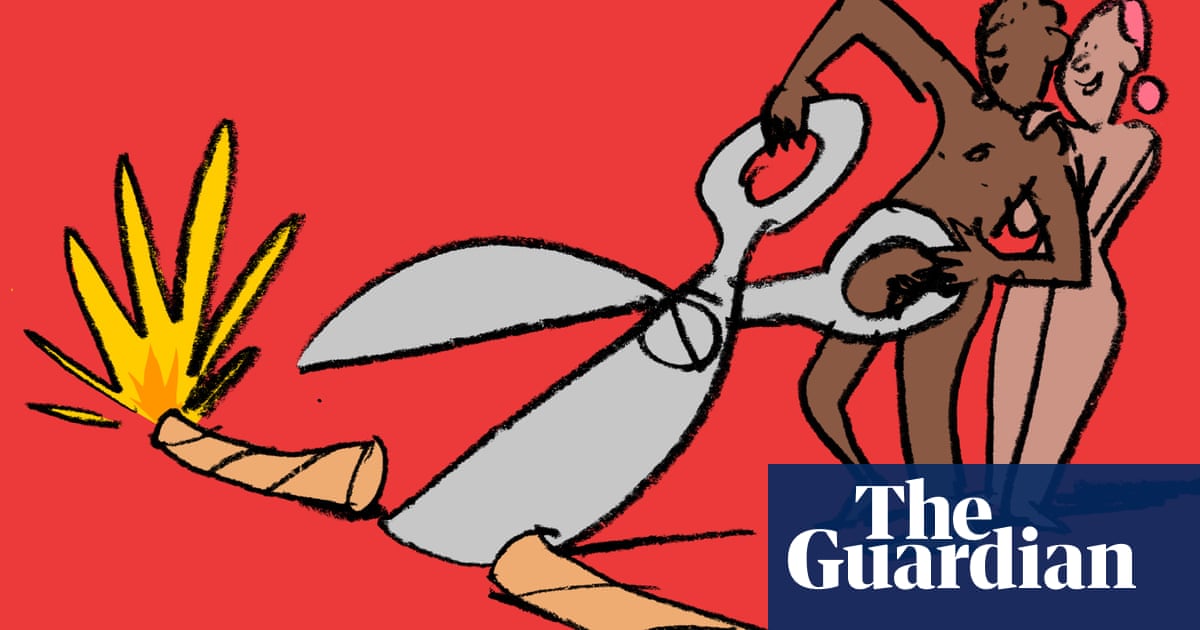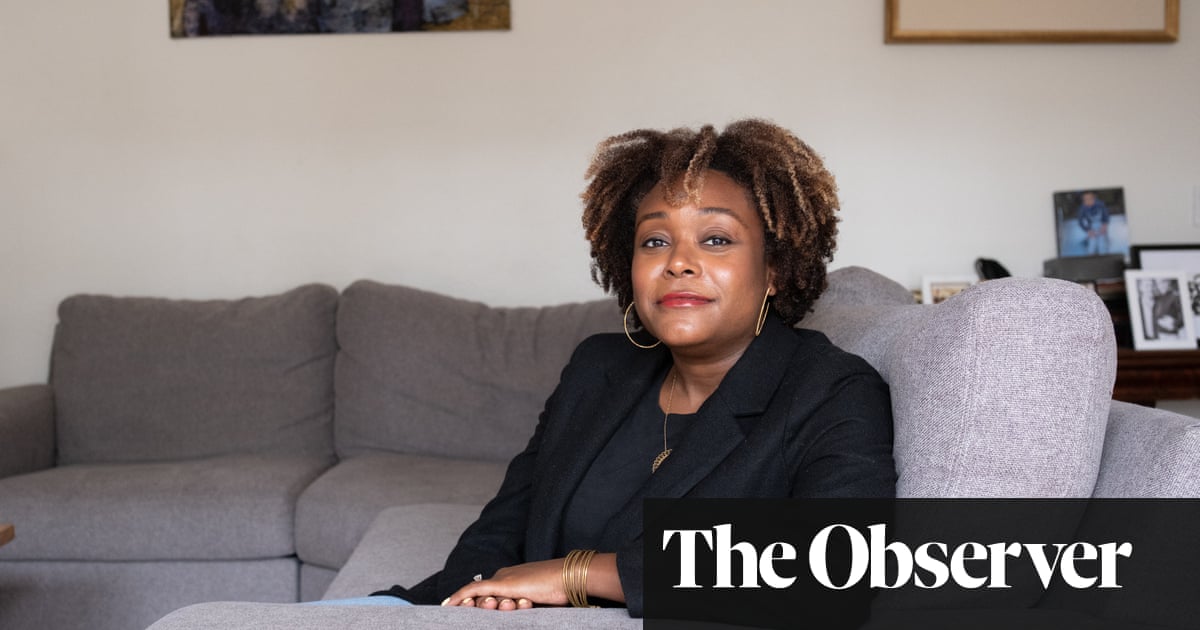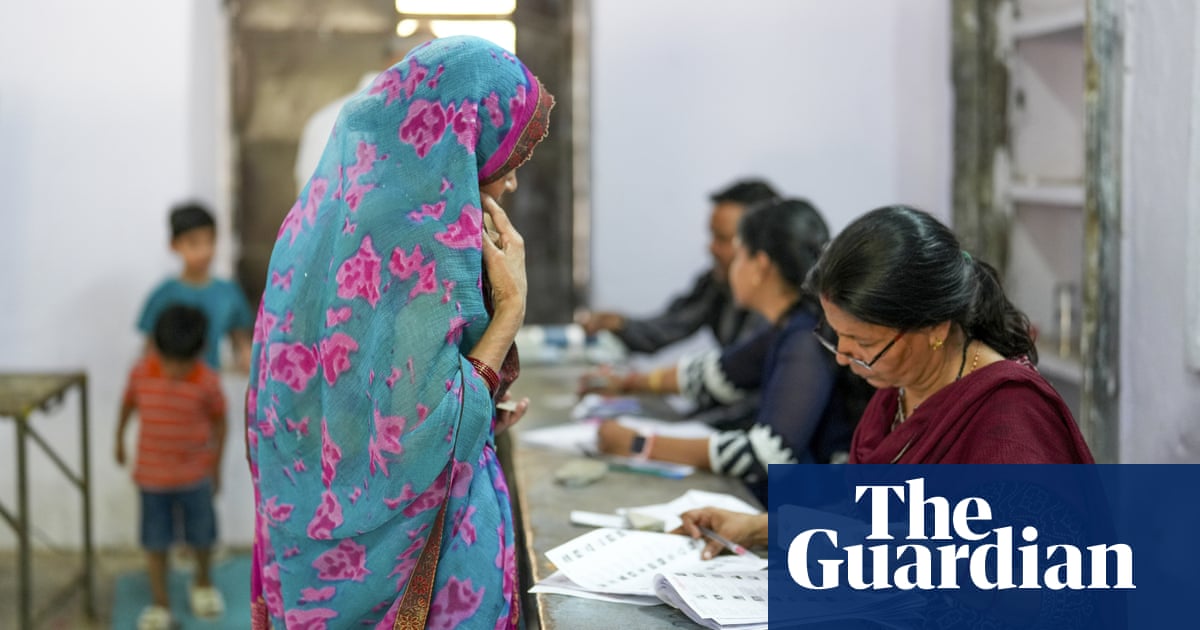
An audience wearing face masks sits around the edges of a nondescript room in an unassuming building in the centre of Nairobi. Sparsely furnished and decorated with a few posters advertising PrEP, a drug that reduces chances of contracting HIV, there is a low hum of excited chatter.
Then the speakers crackle into action, playing Sweet Dreams by Beyoncé, and in struts Toyo, a 23-year-old transgender woman, wearing a figure-hugging sparkly blue dress accessorised with bright red painted nails and the ubiqitious face mask, in black. She walks to the end of the room, strikes a pose and struts back out. Toyo is followed by Miss K – or Kelvin, when not in drag – 24, who is wearing a red strappy dress, long black wig, fake Louboutin heels, and plenty of makeup.
Toyo and Miss K are in the Dolls – a group of gay, transgender and non-binary people who volunteer at Ishtar, a drop-in centre for men who have sex with men, and the venue for today’s show.
For half an hour or so, members of the Dolls model an array of outfits on their makeshift catwalk and perform two lip-synced songs.
The Dolls formed in late 2018 with four members. Now they are 35, an example of the growing confidence of the LGBTQ+ community in Kenya, where homosexuality is criminalised and people face stigma, discrimination and violence.
Ishtar, which receives funding from the Global Fund, belongs to the Gay and Lesbian Coalition of Kenya which began in 2006 with six organisations under its umbrella. Now there are about 20 member groups, including some in rural areas, according to Peter Njane, Ishtar’s director.
Njane says verbal abuse and discrimination remain but adds: “I’m seeing hope because we are seeing gay men out and about … A lot of changes have happened in this country.”
Toyo, one of the Dolls’ founding members, first heard about Ishtar from a gay man in her neighbourhood. “I was excited when I was told about an organisation like that,” she says. “I thought I was alone in this world. In my village, everyone threw stones at me saying “You’re so feminine, you’re so this …”
Volunteering at Ishtar, Toyo found a sense of community and began thinking about how she could spread the word. She had done some modelling and had a large following on Instagram, so teamed up with other volunteers and started experimenting with fashion, makeup and performing.
Then she saw RuPaul’s Drag Race – a US reality television show that documents a search for drag stars – and was immediately inspired. “I saw myself in RuPaul – I could get into character, look perfect, everyone was happy. Then I got out of character and no one could remember me. It’s like you’re two people in one body,” she says.
“We could only do these events, wear the clothes and makeup, at Ishtar. Outside, we are very different people.”
It wasn’t long before people started asking to join the group. Kelvin first saw the Dolls perform in 2018 when he was studying at fashion school. He joined last year after he couldn’t afford to continue his studies. As Miss K, his first performance was lip-syncing to Whitney Houston’s I Will Always Love You in front of about 70 people.
“I cross-dressed in school and in public, but I wasn’t as happy,” he says. “In Kenya, when you cross-dress, people say something is wrong with you. They pray for you to get demons out of you. I wasn’t doing it with other members of the LGBTQ+ community – people who know me, appreciate me for who I am.”
He adds: “The Dolls support each other, mentor you. If there’s a problem, you can tell them.”
Before Covid hit, the Dolls were gaining momentum and had started being invited to perform at other LGBTQ+ organisations and some private events. They had introduced an annual Miss Ishtar pageant.
Despite problems caused by the pandemic, Toyo has big plans for the Dolls’ future. She wants to create a clothes line for their fashion shows. Currently, buying outfits, accessories, shoes and makeup is a challenge. Sometimes members get women to buy items, or buy in bulk and from charity shops to avoid unwanted attention, then customise outfits on the sewing machine at Ishtar.
She gets messages from people across Kenya, from Mombasa and Kisumu, asking how they can set up their own version of the Dolls. “We are like a pilot project everyone is looking at,” says Toyo.
“We want to make the Dolls stronger and an example for others, and have other branches. It is through these events that we create awareness; I hope we can go to the mainstream media where people will stop judging us on our sexuality and start seeing our talent, our ability to do other things … It’s about diversity, teaching other people about who we are.”
The Global Fund and their partners provided transport for the Guardian in Kenya












